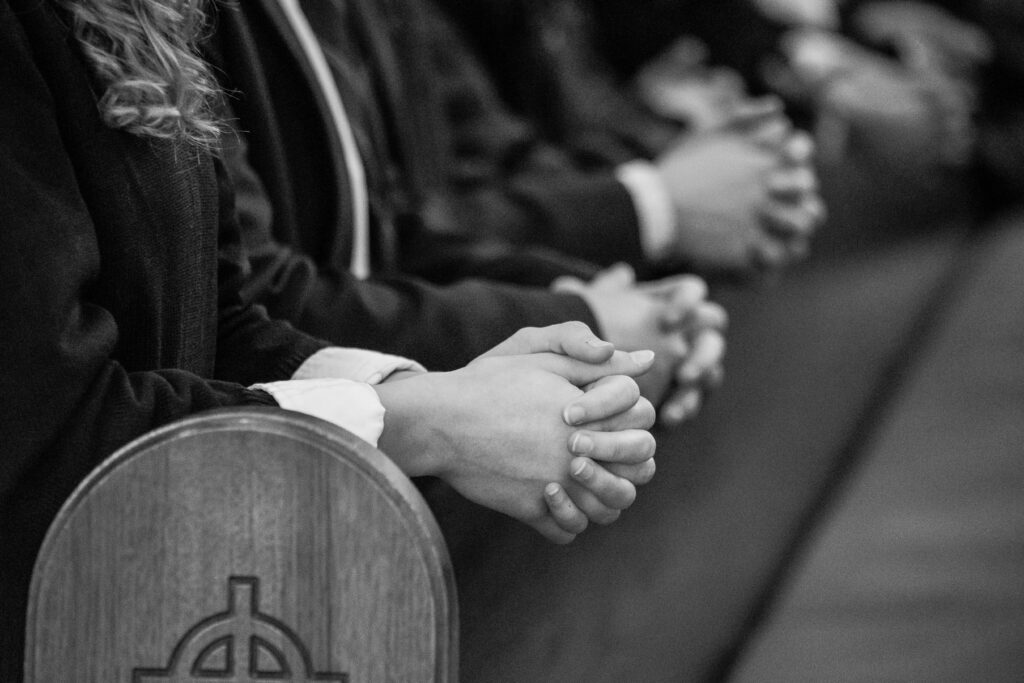Ember Days: The Spiritual Tradition You Didn’t Know You Needed
If you’ve never heard of Ember Days, don’t worry—you’re not alone. These ancient Christian observances have quietly faded into the background for many, but they’re far from irrelevant. Ember Days are all about marking the changing seasons with prayer, fasting, and reflection. Think of them as a quarterly check-in for your soul, rooted in tradition but surprisingly modern in their appeal. Whether you’re looking to deepen your spiritual life or just want a moment to pause and appreciate the world, Ember Days might be exactly what you need.
What Are Ember Days, and Why Should You Care?

Ember Days, also called Quatuor Tempora (that’s Latin for “Four Times”), are three special days—Wednesday, Friday, and Saturday—observed four times a year. These days follow the first Sunday of Lent, Pentecost, the Feast of the Holy Cross in September, and St. Lucia Day in December.
Why the focus on these dates? They align with the rhythms of nature and the Church calendar, reminding us to give thanks for God’s creation. From spring’s fresh blooms to winter’s quiet stillness, Ember Days are tied to the seasons and their unique gifts.
But Ember Days aren’t just about nature—they’re also about our spiritual growth. Traditionally, they involve fasting and abstinence (think skipping the meat and cutting back on meals). They’re a way to reset, focus on what’s important, and even pray for specific needs, like vocations in the Church.
Why Ember Days Are Surprisingly Modern

At first glance, Ember Days might sound like relics of the past, but their purpose makes them surprisingly relevant today. For one, they align with nature in a way that feels refreshing in our screen-dominated, fast-paced world. These days encourage us to pause and notice the beauty of each season, whether it’s the budding flowers of spring or the golden leaves of autumn. They remind us that God’s creation is not just background scenery—it’s worth celebrating.
Ember Days also offer what could be called a spiritual detox, going deeper than the trendy concept of self-care. Through fasting and prayer, they invite us to step back from the noise of daily life and focus on what truly matters. This isn’t just about skipping meals; it’s about practicing self-discipline and making space for spiritual growth.
Lastly, Ember Days foster gratitude by turning our attention to the blessings of each season. From the summer’s wheat harvest, which gives us the bread for the Eucharist, to autumn’s vintage that gives us Eucharistic wine, to the winter’s olives, which provide holy oils, these moments encourage us to see the divine connection between God’s gifts and our everyday lives. In this way, Ember Days bridge the ancient and the modern, helping us reconnect with both the world around us and the faith within us.
How to Observe Ember Days in the 21st Century

Celebrating Ember Days doesn’t have to be complicated and can easily fit into your modern routine. On Ember Fridays, consider fasting by having one full meal and two smaller snacks. Also, consider skipping meat on all Ember Days as a classic way to practice self-control and focus on gratitude.
Spend some time outdoors to enjoy the season’s beauty and reflect on God’s creation—even a few minutes in nature can make a difference. Use these days to pray with intention, whether it’s for vocations to the priesthood or religious life, or simply for people to discover their God-given purpose.
Share the blessings of the season by helping others, whether through donating food, sharing a meal, or offering a helping hand to a neighbor. Finally, reconnect spiritually by attending Mass or going to confession, as these sacraments provide meaningful ways to deepen your relationship with God during Ember Days.
A Tradition Worth Rediscovering

Ember Days might not be on everyone’s calendar, but they’re far from outdated. In fact, their focus on gratitude, self-reflection, and connection to creation feels more important than ever.
You should give them a try! Whether you go all-in with fasting and prayer or simply take a moment to appreciate the season, these days offer a unique opportunity to grow closer to God and find peace in the rhythm of life.
So, take a step back, embrace the tradition, and see how Ember Days can bring a little light—and maybe even a little balance—into your busy world.
